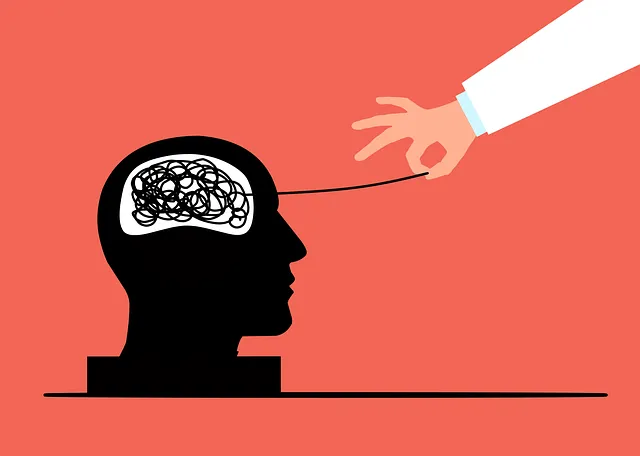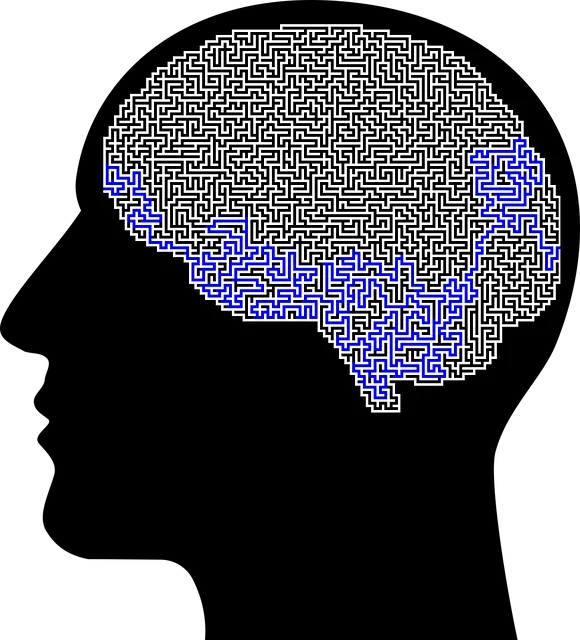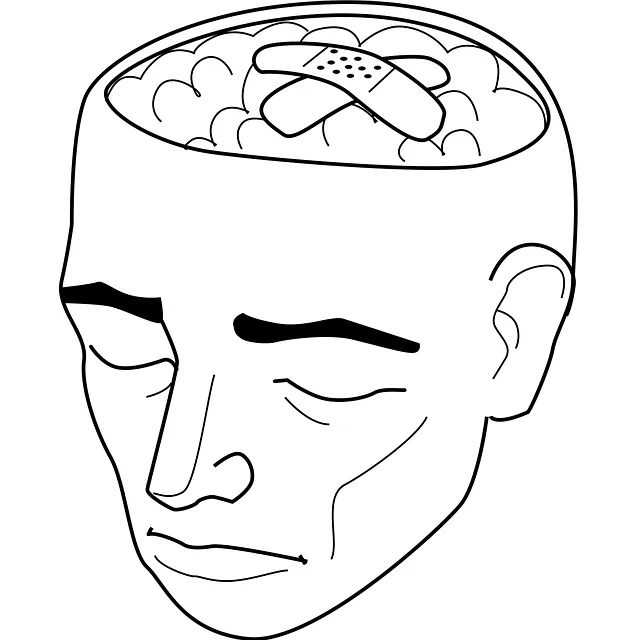Westminster Kaiser Permanente behavioral health services underscore the importance of mental wellness in overall well-being, highlighting the need for sensitive and effective digital tools like apps. Their innovative approach combines technology with evidence-based practices, focusing on prevention and personalized self-care to enhance individual and community resilience. A robust mental wellness app, inspired by these services, should offer tailored therapy sessions, mindfulness exercises, mood tracking, gamified activities, social support groups, and data encryption for user privacy. By integrating ethical considerations and prioritizing user experience, such apps can revolutionize mental health management while addressing growing demand.
Mental wellness apps are gaining traction as essential tools for managing psychological well-being. This article explores the development of such applications, leveraging lessons from innovative programs like Westminster Kaiser Permanente Behavioral Health Services, renowned for its digital care models. We delve into key features, ethical considerations, and future trends, offering insights into creating effective mental wellness apps while emphasizing the importance of user experience. By understanding the impact of mental health, we can design apps that truly make a difference.
- Understanding Mental Health and Its Impact: A Foundation for App Development
- Westminster Kaiser Permanente Behavioral Health Services: A Model for Digital Care
- Key Features and Components of a Comprehensive Mental Wellness App
- Ethical Considerations, User Experience, and Future Trends in Mental Wellness Apps
Understanding Mental Health and Its Impact: A Foundation for App Development

Understanding mental health is a crucial foundation when developing wellness apps. It involves recognizing that mental wellness is an integral part of overall health and well-being, just as physical health and social connections are. According to Westminster Kaiser Permanente behavioral health services, mental health conditions can significantly impact daily functioning, relationships, and overall quality of life. Therefore, app developers must approach this topic with sensitivity, accuracy, and a deep understanding of the various challenges individuals face.
The impact of poor mental health extends beyond the individual, affecting families, communities, and society at large. This makes the development of effective digital tools, such as apps, all the more important. Features like Self-Care Routine Development for Better Mental Health, Communication Strategies, and Mental Wellness Coaching Programs can be transformative. By integrating these components into app design, developers can empower users to take charge of their mental wellness, fostering a sense of agency and resilience in navigating life’s challenges.
Westminster Kaiser Permanente Behavioral Health Services: A Model for Digital Care

Westminster Kaiser Permanente Behavioral Health Services stands as a shining example of how digital care can transform mental wellness. By integrating innovative technology with evidence-based practices, they’ve created a comprehensive platform that addresses various aspects of behavioral health. This model focuses not only on treating existing conditions like depression but also emphasizes depression prevention and nurturing inner strength.
Their approach goes beyond mere therapy by promoting self-care routine development for better mental health. Through digital tools, users gain access to personalized resources, track their progress, and receive timely interventions. This holistic strategy not only improves individual well-being but also contributes to building a more resilient community, setting a benchmark for future mental wellness app development.
Key Features and Components of a Comprehensive Mental Wellness App

A comprehensive mental wellness app should offer a multifaceted approach to support users’ emotional well-being. Key features include personalized therapy sessions tailored to individual needs, whether it’s stress management, anxiety reduction, or coping with specific mental health conditions like depression or bipolar disorder. Incorporating evidence-based techniques such as cognitive behavioral therapy (CBT), mindfulness exercises, and meditation can significantly enhance the app’s effectiveness, as demonstrated by Westminster Kaiser Permanente behavioral health services.
Additionally, these apps should prioritize user engagement through interactive tools like mood tracking, journaling prompts, and gamified activities that encourage self-reflection. Facilitating social connection is another critical component, enabling users to share their experiences (while maintaining privacy) and participate in support groups or online communities dedicated to mental illness stigma reduction efforts and public awareness campaigns development. By combining these elements, a well-rounded mental wellness app can foster emotional healing processes, making it an invaluable resource for those seeking holistic mental health solutions.
Ethical Considerations, User Experience, and Future Trends in Mental Wellness Apps

As mental wellness apps gain popularity, ethical considerations become paramount. Developers must ensure user data privacy and security, transparent app functionality, and fair data collection practices to build trust with users. Apps like those offered by Westminster Kaiser Permanente behavioral health services demonstrate a commitment to ethical standards by prioritizing user consent, data encryption, and compliance with healthcare regulations.
User experience plays a crucial role in the success of mental wellness apps. Intuitive interfaces, personalized content, and engaging features enhance user engagement and adherence. Incorporating evidence-based practices such as Social Skills Training or Crisis Intervention Guidance can significantly improve outcomes. Additionally, integrating interactive elements, like Mental Wellness Podcast Series Production, offers users diverse and accessible resources tailored to their needs. Future trends in mental wellness apps are likely to focus on personalized, adaptive technologies that cater to individual user preferences and evolving mental health landscapes.
The development of mental wellness apps, inspired by innovative models like Westminster Kaiser Permanente Behavioral Health Services, holds immense potential to revolutionize access to care. By integrating key features and addressing ethical considerations, these applications can significantly impact individual well-being. As technology advances, a focus on user experience and future trends will ensure mental wellness apps remain dynamic and effective tools in navigating the complex landscape of mental health support.






